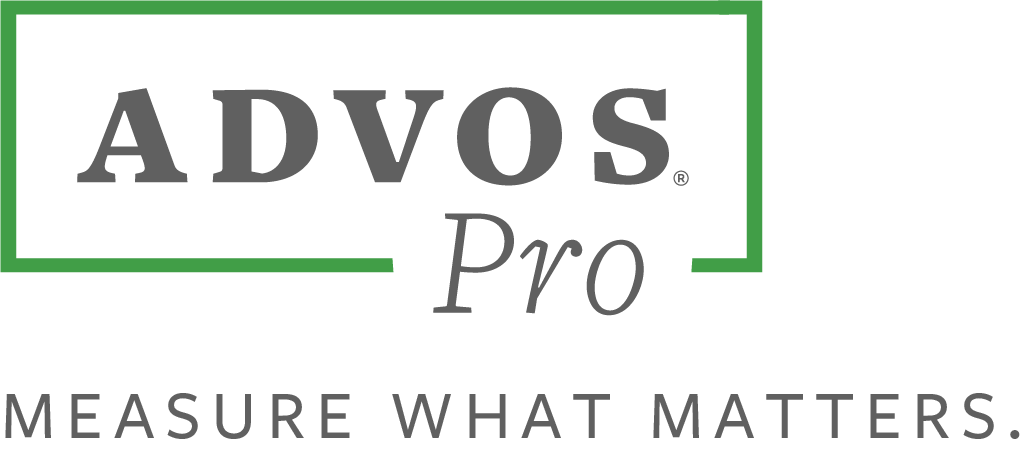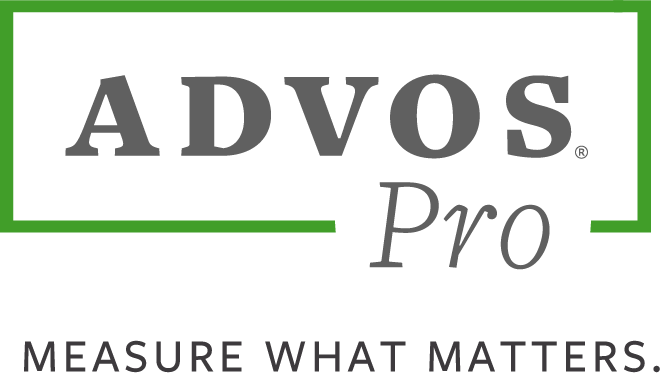
Pricing eats Billing for breakfast.
You break into a cold sweat. Your mouth goes dry. Your cheeks flush bright red. You’d give your right arm for any sort of distraction, anything to let you off the hook.
Rewind 30 seconds – what just happened?
The client sitting in front of you just asked you how much their project will cost.
How.Dare.They!
If that all sounds a little too familiar, this one’s for you!
Most lawyers are so firmly entrenched in the habit of billing after the fact, by the hour, that a client’s question about price is at best disorienting, and at worst panic-inducing. The client really isn’t trying to be problematic, though. In fact, they’re giving you an opportunity to win – but you have to be able to step out of the default model and think a little differently about your work in order to take advantage of the opportunity.
Think about it this way:
The client wants what you’re selling. They came to you, asking you to solve their problem.
The client also understands that you get paid for what you do, and that your work is valuable. You do something they can’t do for themselves, and they need what you offer.
This isn’t a question about your personal value or worth. The fact that the client is sitting in front of you, asking about price, is evidence that they think you and your work are valuable.
From there, it’s just a question about whether the proposed solution’s value to the client exceeds its cost. You and I make that kind of decision all the time, and so does the client. We buy things that have price tags, and sometimes we decide not to buy, or to buy at a different price point / with different features and benefits.
The client, rightfully, wants to know what the solution you offer will cost them, so they can make a smart buying decision. Maybe there are several options for how to solve the problem, and maybe they can take an active role in making decisions that affect the cost along the way. Maybe there’s an option to take no action, and they need to know whether taking action with you makes sense.
We, as the purveyors of legal solutions, are in the best position to help the client understand the product we offer, as well as its value and price. It’s our job to equip our clients to make good decisions.
BUT!
I know. If every matter were exactly the same, we wouldn’t need lawyers to handle them. We don’t get to control the opposing party’s shenanigans. We don’t know all the facts on the front end, and those facts tend to have a big impact on the scope of work.
Yup. All true.
And even so, we owe it to our clients to help them understand what they’re buying from us.
They’re scared, or angry, or facing a tough situation, or preparing for major life events – whatever caused the client to be sitting in front of you, it’s almost certainly got their nervous system on edge.
In that moment, you have an opportunity to show the client that you’re in their corner, and give them a visceral sense of calm and control, even before they’ve said yes to you. When you can give the client clarity about the price of your solution, they can take a breath, drop out of lizard brain and into logic brain, ask good questions, and make a decision. You are an ally in that process, rather than the scary unknown. Even better, in demystifying the legal fees question, you’ve made them feel smart. I’ll let you in on a secret – everyone loves to feel smart.
OK, but HOW?
It starts with shifting your own mindset from billing to pricing.
Billing is what happens when you do the work, then tally up your hours, multiply by rate, and send the invoice. Billing happens TO us and to the client (and in most cases, makes the client feel like the lawyer is the bad guy because WE did it to them). Nobody got to decide on the price or assess value in the billing approach.
Pricing, though, is what happens when you put some parameters around what will be delivered, and at what cost. If the price is a range, or the work will be addressed in phases, or the specific deliverables are yet to be determined, you get to help the client understand those factors and in turn have a better understanding of what to expect from the work you’ll be doing together. Pricing is proactive – you get to decide what a particular project (or phase, or deliverable) is worth to you, and the client gets to decide if they want it at that price.
Pricing grants agency; billing creates victims.
If you’re billing, you’re making the client a victim (seems a little out of sync with that whole zealous advocacy thing, doesn’t it…), and you’re also making yourself a victim. You don’t get to benefit when you’re efficient or when your expertise allows you to offer a brilliant, but quick solution. You put yourself in a position to be paid *whenever*, and to have to arbitrarily discount your fees when the client pushes back. The client loses, you lose, and you repeat the cycle every month until the matter is done (and then until you’ve actually collected or written off your fees).
When you’re pricing on the front end, you get to be the hero for yourself and for the client.
You don’t have to be perfect at it. You’ll learn every time you do it. You’ll build muscle memory. You’ll get better and better at “the talk” and eventually, instead of sweaty palms when the client asks about price, you’ll find yourself beating them to the punch, with an aura of calm confidence. If the client says no, you’ll be thrilled that you’re not doing work you won’t get paid for. When they say yes, you’ll be thrilled that you get to do your best work for someone who agrees with you about how valuable it is!
Give it a try. Go be a hero.
To your PROmance,
Whitney
P.S. Wishing you had someone to practice pricing with, bounce fee ranges off of, or help you feel confident answering client objections? Join us in the ADVOSphere – it’s a frequent topic, and the community couldn’t be more supportive!
P.P.S. Hat tip to Scott Leigh at AltFee, whose post got me thinking about this one, and to several members of the ADVOSphere whose conversations and questions have been great food for thought.




